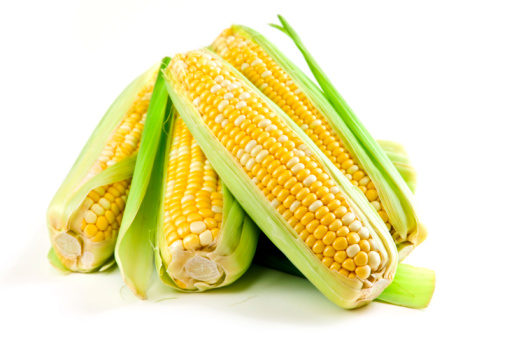In the fall of 2010, the U.S. Food and Drug Administration was petitioned by high-fructose corn syrup (HFCS) manufacturers for the allowance to change the name from HFCS to corn sugar. Now, a cohort of consumer groups is urging FDA to reject this pending request.
An alliance of the National Consumers League, Consumers Union, Consumer Federation of America, and Shape Up America! has sent a letter to agency commissioner Margaret Hamburg, which states in part, “Given the thousands of comments FDA has received opposing the pendency of the [Corn Refiners Association] petition, and the continued misleading use by CRA of the term ‘corn sugar’ in marketing, FDA should act decisively and deny the CRA petition.”
According to these consumer groups, official public comments submitted to FDA on this issue number over 5,000, and these commenters oppose the name change by a ratio of 100:1. “FDA has a statutory responsibility to ensure that consumers have the opportunity to exercise free choice in the marketplace without being misled by confusing name changes designed to hide the identity of a controversial ingredient,” said Sally Greenberg, executive director of the National Consumers League in a statement.
The letter alludes to the fact that HFCS marketers have been using the term corn sugar to refer to the controversial HFCS in a national marketing campaign, even while FDA has yet to decide if the switch is to be allowed. Last year, FDA sent a letter warning CRA to cease using the term while the petition is under review. “FDA’s warning letter to the CRA is a step in the right direction, but the term ‘corn sugar’ continues to appear in national advertising within the jurisdiction of the Federal Trade Commission (FTC),” Urvashi Rangan, director of consumer safety and sustainability at Consumers Union, said in the same statement.
HFCS is controversial due to its alleged negative health impact when consumed in large quantities, as many Americans do today. An argument that seems to support CRA’s cause is the view that HFCS is not worse, nutritionally speaking, than table sugar, a perspective supported by an American Dietetic Association study and some experts. Additionally, CRA’s stance is that HFCS was a misleading name to give the substance to begin with. Supporters of a name change claim that it is not necessarily higher in fructose than other sweeteners.
Published in WholeFoods Magazine, June 2012










